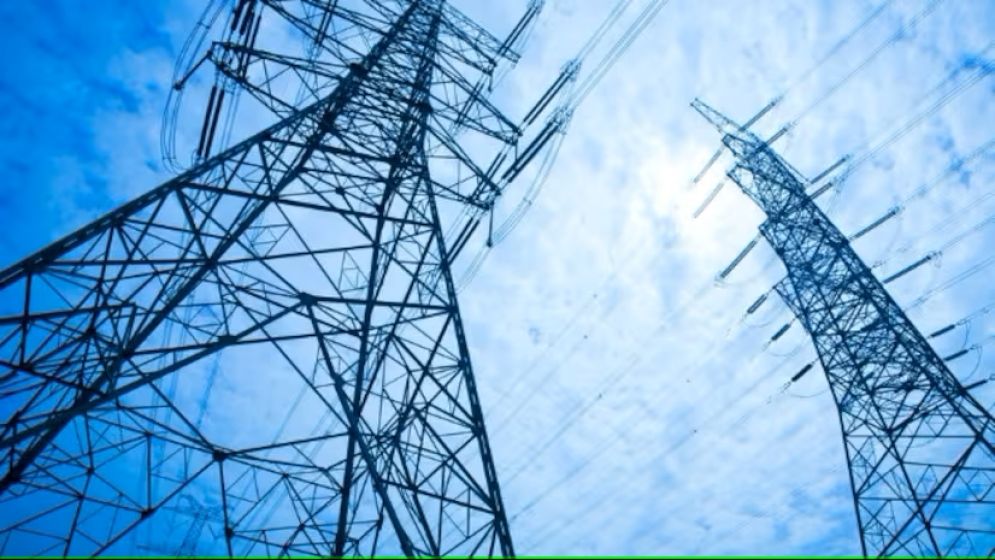HC questions legal immunity of quick rental power plants

A High Court bench comprising Justice Farah Mahbub and Justice AKM Rabiul Hassan on Monday issued a rule questioning why certain provisions of the Quick Rental Act, which prevent legal scrutiny of quick rental power plants, should not be deemed unconstitutional.
This ruling follows a preliminary hearing on a writ petition filed by lawyers Dr. Shahdeen Malik and Tayeb-Ul-Islam Showrov.
The petition challenges Sections 9 and 6(2) of the Act, which have effectively shielded these power plants from legal accountability.
The court has directed the Secretary of the Legislative Drafting Department of the Law Ministry, the Secretary of the Finance Division, the Secretary of the Power, Energy and Mineral Resources Ministry, and the Chairman of the Power Development Board to respond to the rule within four weeks.
Energy experts and critics have long contended that the establishment of quick rental power plants was less about solving an energy crisis and more about enabling the misappropriation of public funds.
Prof. M Tamim, a former advisor to the caretaker government, has criticized the Hasina administration, noting that while the government claims a power generation capacity of 22,000MW, the effective capacity is closer to 15,000-16,000MW.
Meanwhile, the state continues to pay large sums in capacity charges for power plants that often remain idle.
A 2020 report by the Centre for Policy Dialogue (CPD) revealed that around 60 percent of Bangladesh's power plants were inactive, yet still received capacity payments.
Additionally, a 2023-24 utility report predicts that the country's power overcapacity could reach up to 66 percent, worsening the financial burden.
Despite mounting criticism, the Awami League government extended the Quick Rental Act for another five years in 2023, claiming it was necessary to ensure reliable and affordable electricity.
However, opposition MPs from the BNP and Jatiya Party have vehemently opposed the extension, calling the law a "black law" that facilitates corruption and protects those responsible for financial misdeeds.
Opposition lawmakers have repeatedly questioned the need for extending the quick rental power plants' tenure, arguing that the energy crisis of 2010 has been largely resolved. Both then-BNP MP Harunur Rashid and Gonoforum MP Mokabbir Khan criticized the government’s decision, with Rashid suggesting that the continued reliance on quick rental power plants indicates ulterior motives.
The High Court's intervention could potentially lead to legal challenges against the quick rental power plants and the controversial law that protects them.
The outcome of this case may have significant implications for the future of Bangladesh’s power sector and the accountability of those who have benefited from it.
—-

